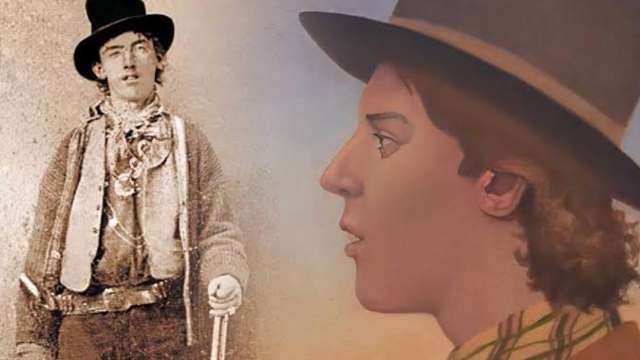Billy the Kid, the infamous Western outlaw, met his end on the night of July 14, 1881, in Fort Sumner, New Mexico. At the age of 21, Billy was already notorious for his violent crimes, including the murder of lawmen and a daring jailbreak.
On that fateful night, he went to his friend Pete Maxwell’s home to find a late-night meal.
While there, he unwittingly walked into a room where Lincoln County Sheriff Pat Garrett was questioning Maxwell. Garrett, who was armed, shot Billy the Kid after a brief exchange, hitting him in the chest before Billy could react.
This account, provided by Sheriff Garrett in his 1882 biography, The Authentic Life of Billy the Kid, remains the most widely accepted version of events. However, over the years, alternative theories have emerged.
Some believe Garrett shot the wrong man, and that Billy escaped, with a few individuals even claiming to be Billy the Kid in later years.
One such claimant, John Miller, a New Mexico farmer, died in 1937, and another, Ollie “Brushy Bill” Roberts, unsuccessfully sought a pardon in 1950.
Despite these alternative theories, Garrett’s account is supported by the fact that the body was shown publicly, making it unlikely that Billy the Kid survived. However, the mystery surrounding his death continues to captivate the public imagination.




